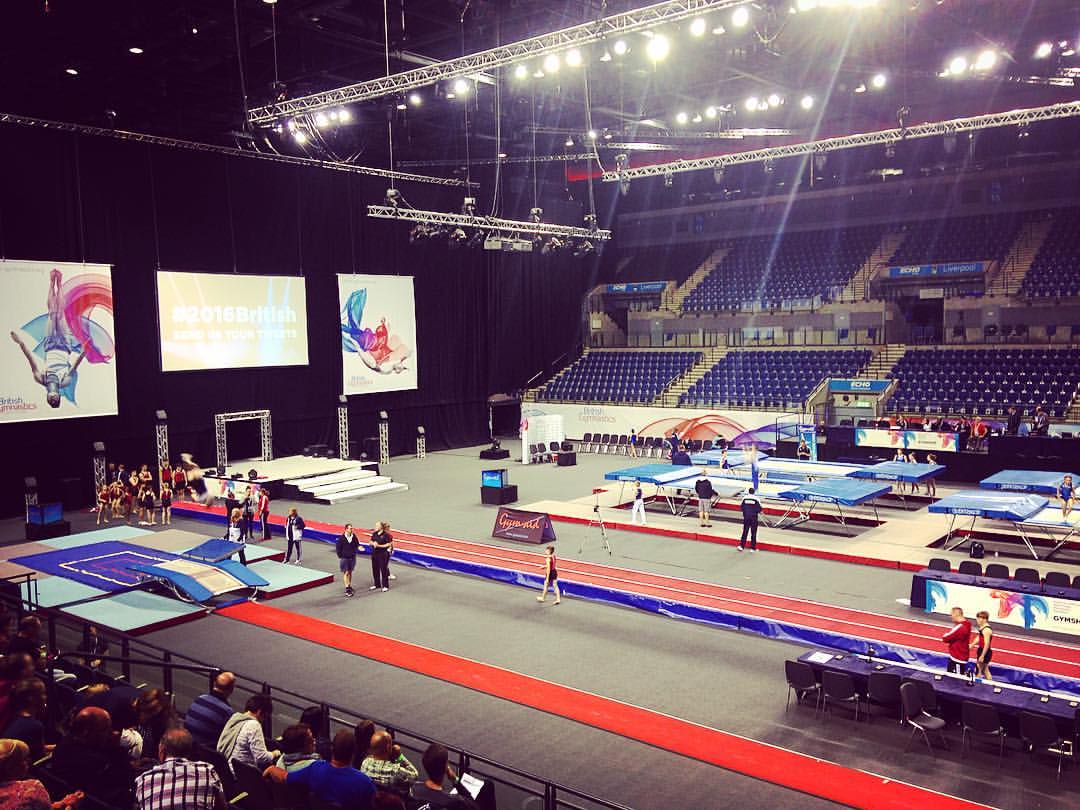What is going on in British gymnastics?
In June, the publication of an independent review into historic abuse in British Gymnastics rocked a sport fundamental to many of Team GB’s 21st-century Olympics success stories. Yet, nearly a year on from the publication of Anne Whyte KC’s damning conclusions, the sport has yet to get a grip on the problem.
The review detailed in extreme and graphic terms the physical and psychological abuse that many youngsters in the sport were subjected to. Beyond throwing the discipline’s structures and national bodies into disrepute, it asked several questions of the umbrella British Olympic organiser, UK Sport.
Since the disappointments of the 1996 Atlanta Summer Games, the body has injected over £1 billion into Olympic sports, seeing Great Britain climb up the medal table and achieve historic successes. A fundamental part of this has been gymnastics, which has produced 16 medals since Beijing 2008 and made household names of stars such as Max Whitlock, Beth Tweddle, and Louis Smith.
Recent reports have suggested that the individual litigations of up to 40 gymnasts remain unresolved as the sport’s governing body responds to the Whyte Review. In a special report for the Guardian and BBC, one such litigant, Emma Webb (alias), spoke out about the abuse she suffered four decades ago. Webb detailed how her life had been consumed by the abuse which led to a lifelong battle with post-traumatic stress disorder. And grimly for British Gymnastics and UK Sport, she presented a picture of an organisation ill-fit and incapable to deal with the sheer volume, nature and number of complaints and allegations.
Her abuser, Brian Phelps, was arrested and charged fifteen years ago and subsequently pleaded guilty to over twenty charges of indecent assault and numerous charges of indecency against three individual girls, the youngest aged six at the time of the first offence. He denied rape charges for which Bournemouth crown court also found him not guilty and served six years in prison.
The case highlights the scale of the challenge for British Gymnastics
The case highlights the scale of the challenge for British Gymnastics. While categorised as ‘historic’ and not included in the purview of the Whyte Review, the gym in which Phelps operated continued to hold the same name as it did at the time of the abuse, albeit under new management. There are also credible concerns that historic testimonies could be ignored and overlooked and continue a cycle of oversight for the body under which true reform cannot take place.
British Gymnastics has already committed to a ‘multi-million pound investment’ to deal with the outcomes of the Review. In a joint statement in January, Sport England’s Tim Hollingsworth and UK Sport’s Sally Munday said: “We have a responsibility to the gymnasts, parents, coaches and others to ensure their bravery in stepping forward and contributing to the Whyte Review doesn’t lead to progress in their own sport, but has a lasting legacy across all of sport.” Following the recent reports, British Gymnastics stressed their commitment to the processes of the Independent Complaints Process overseeing the investigations. For those pursuing litigations, outcomes may have to wait yet longer.
The fears for British sports leaders will be that a failure in gymnastics to adequately respond to the challenges of the Review will set a poor precedent for the ability of sport more widely in the country to regulate matters of welfare and abuse. The even larger concern will be that wider implications could threaten the legacy of UK Sport’s achievements in the last three decades and overshadow the further progress of one of Great Britain’s most successful sporting exports, as another Summer Games in Paris next year approaches.

Comments